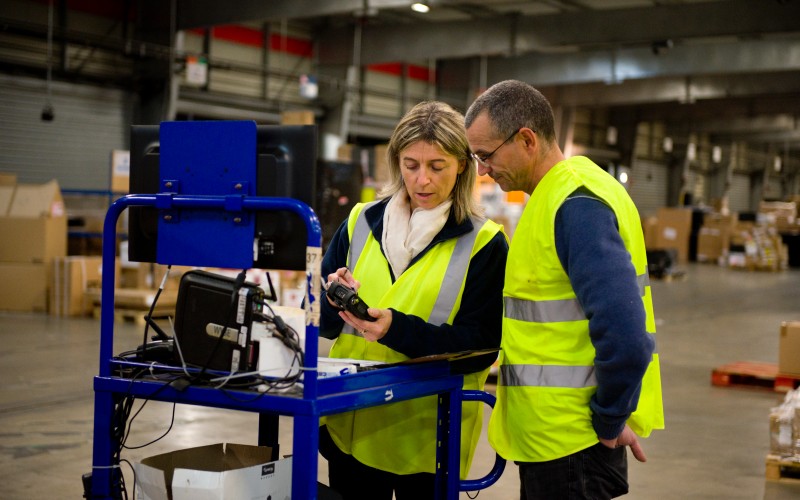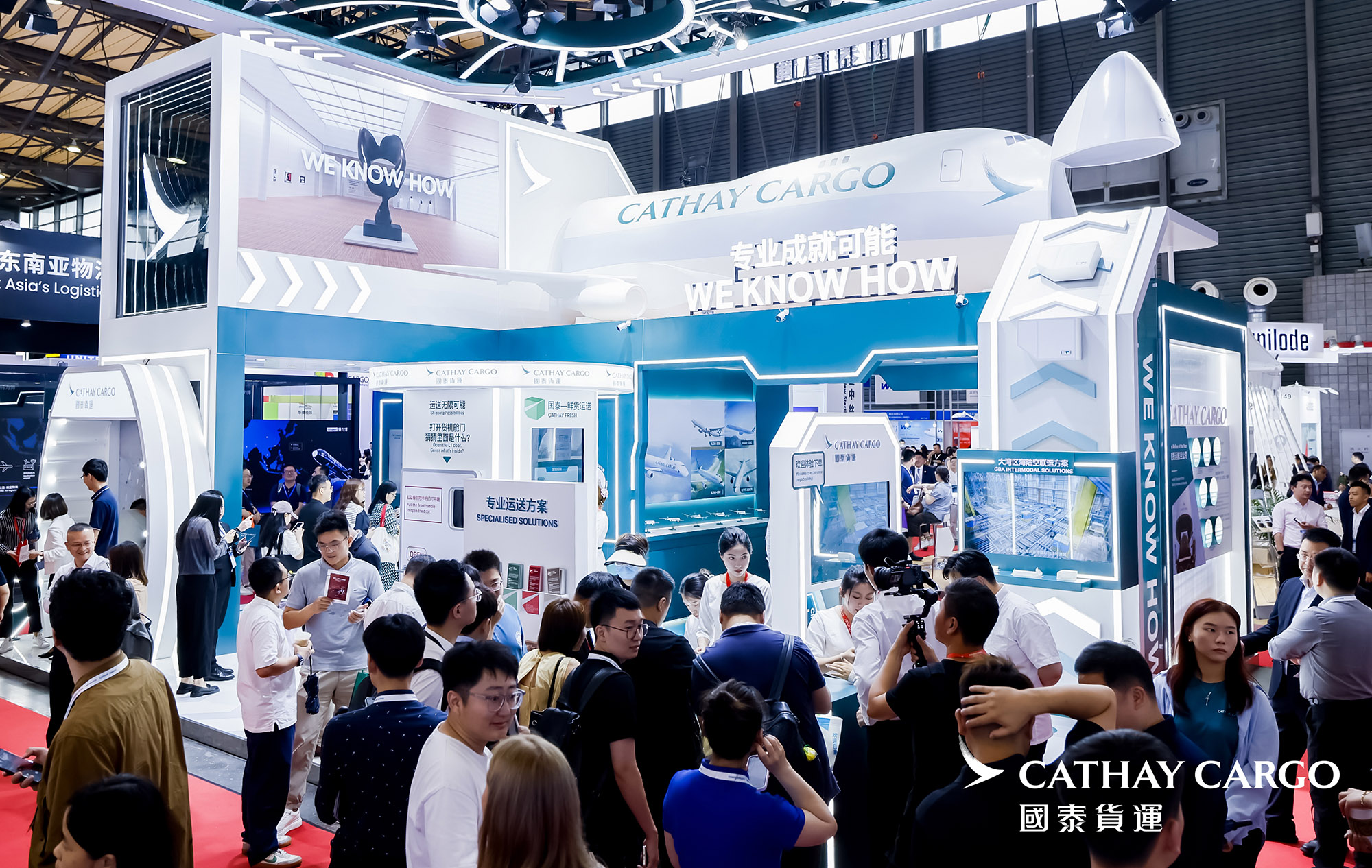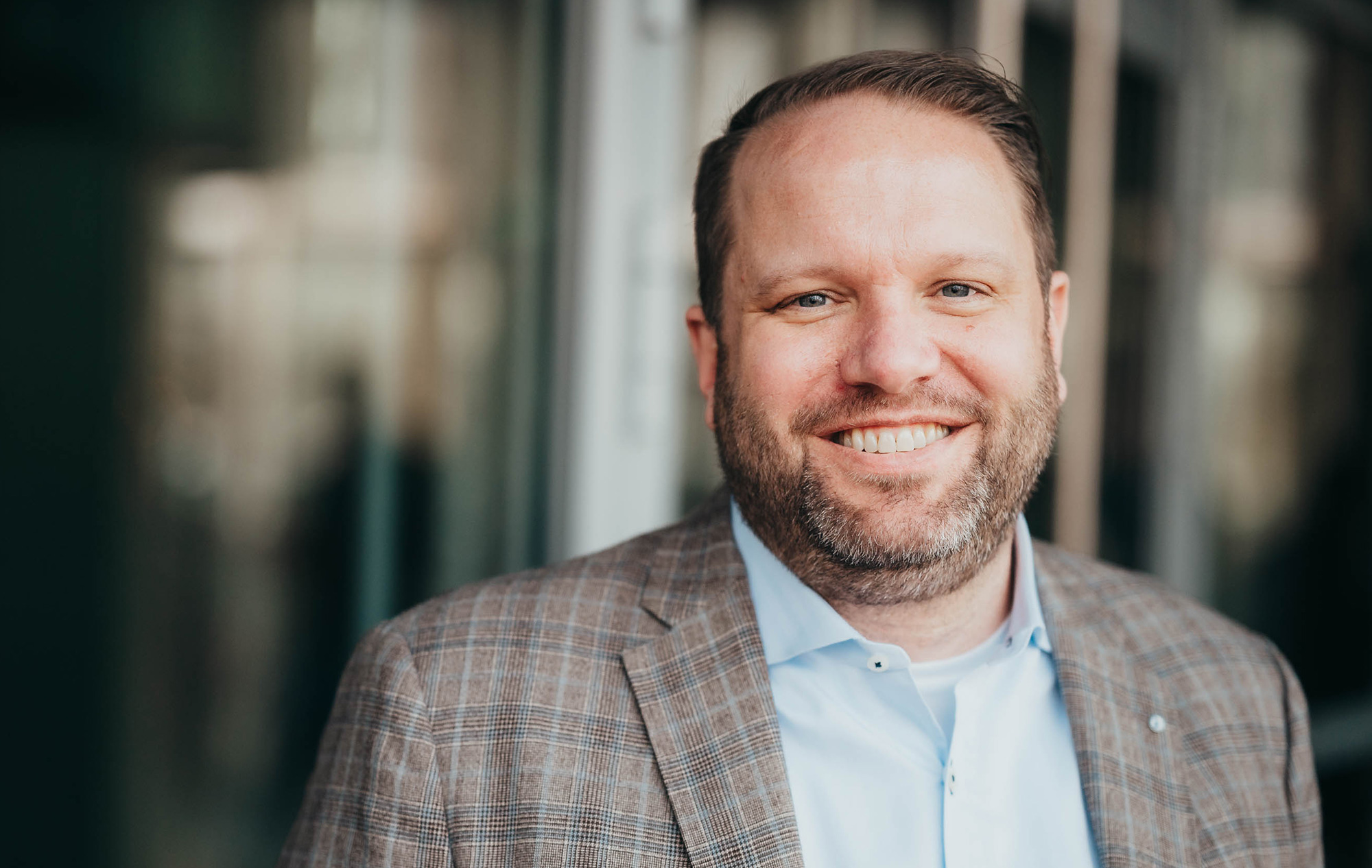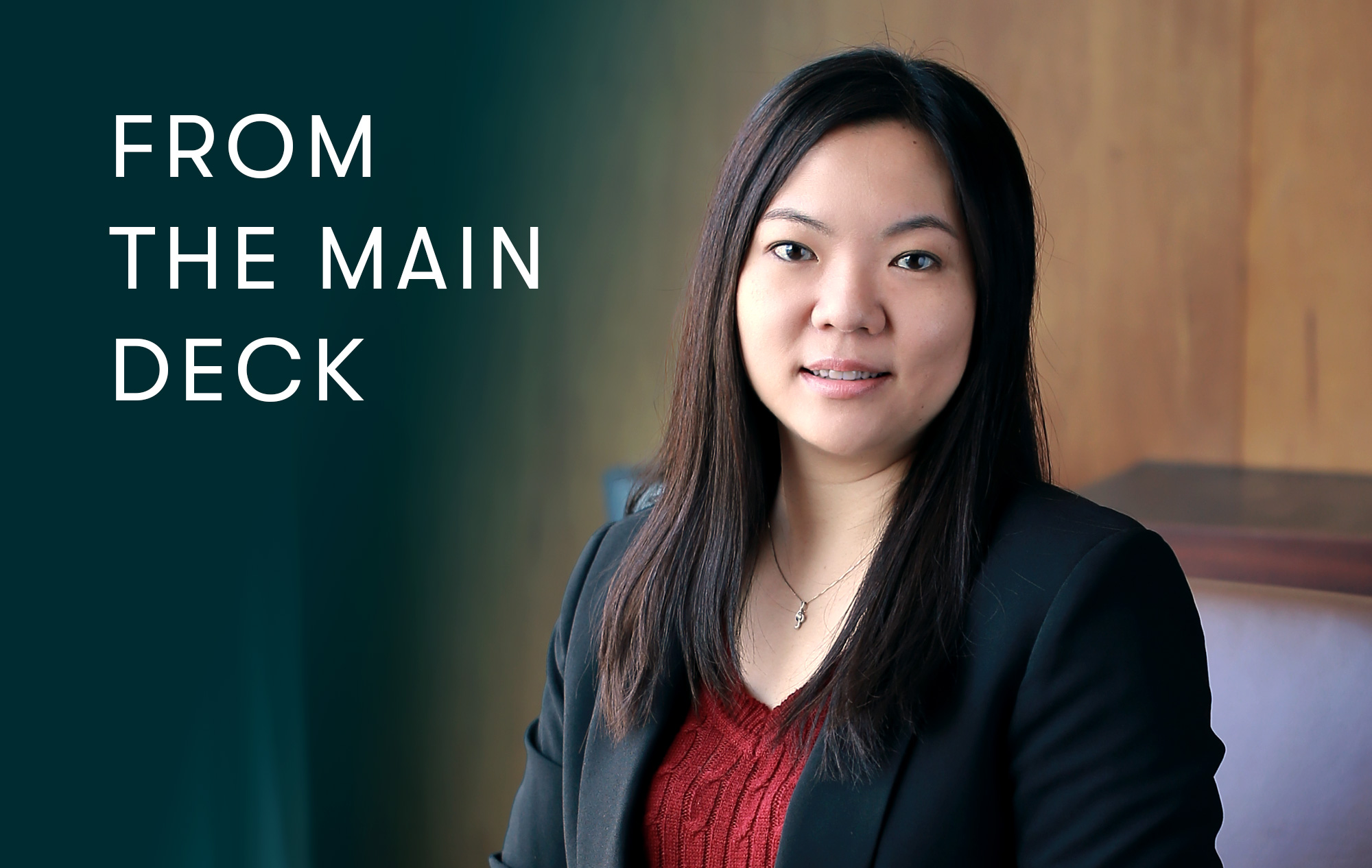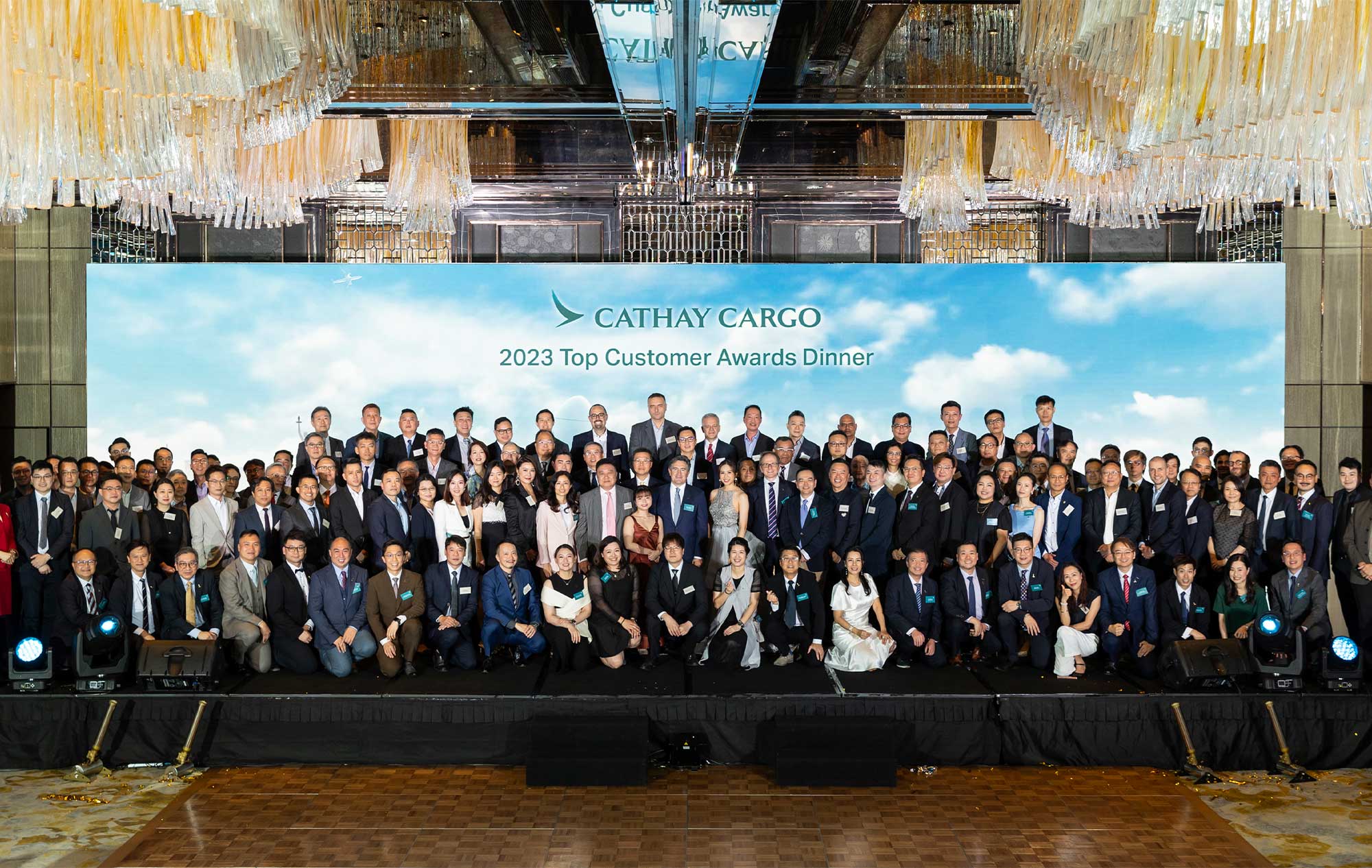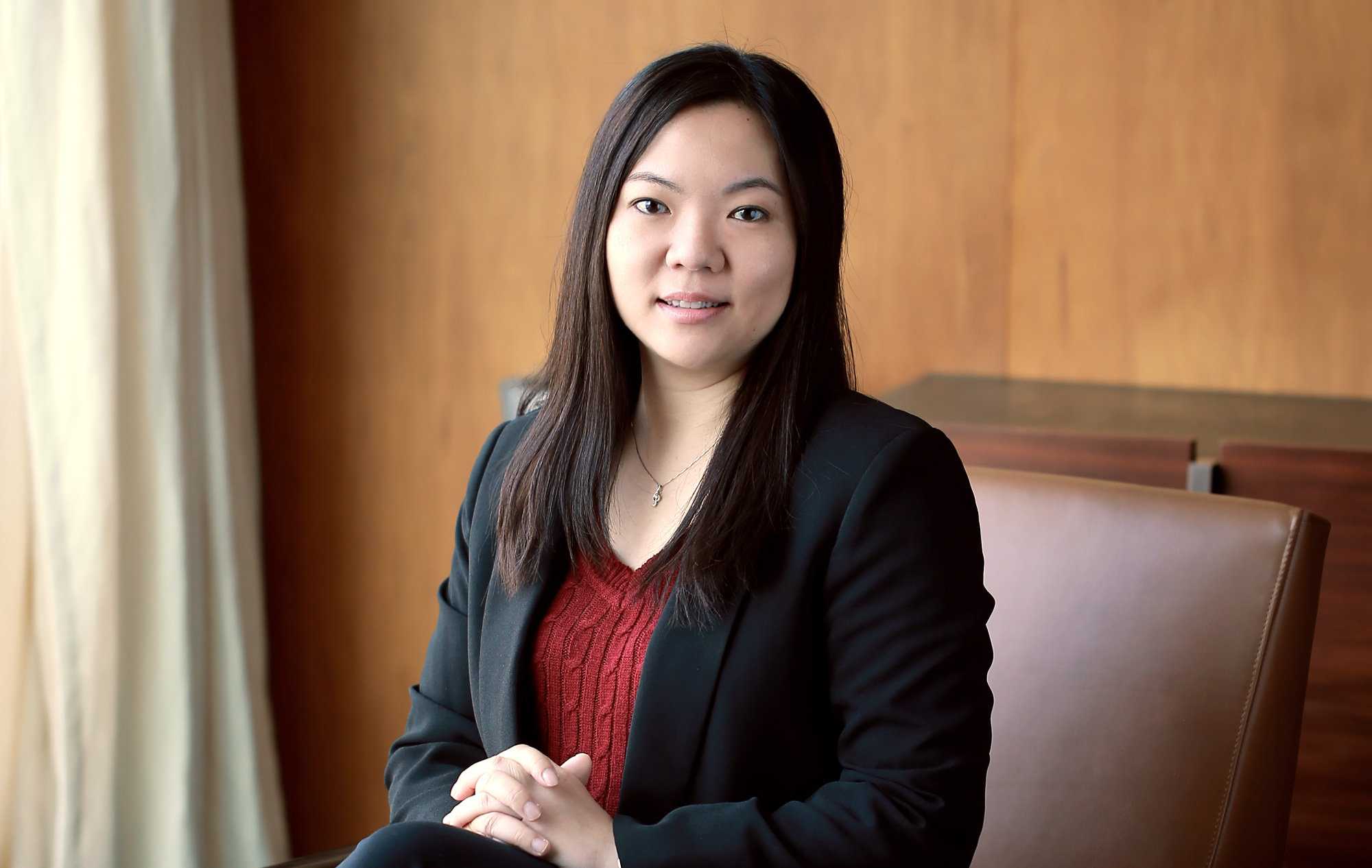GEODIS: diversity means business sense
Global transport and logistics firm GEODIS has made diversity and inclusion a central plank of its recruitment and career development, setting ambitious targets and policies to make the company an equal employer for all across the 60 countries where it has a direct presence. Mario Ceccon, Executive Vice-president Group Human Resources, explains how a diverse workforce makes it stronger.
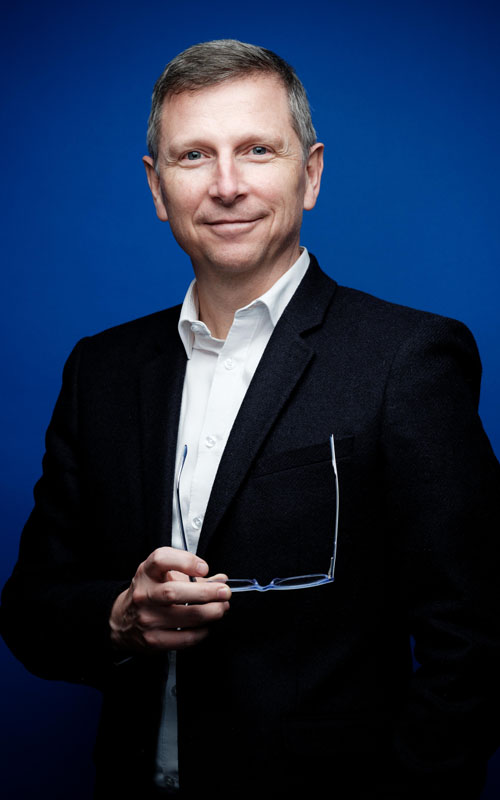
Group Human Resources at GEODIS
GEODIS has set a target of 25 per cent of leadership roles to be held by women by 2023 – that’s against a 2020 industry average of 13 per cent. How are you doing with this target?
Today, our female employees represent 40 per cent of our workforce and 20 per cent of our senior executives, compared to 13 per cent in 2017. We work with all our businesses and regions across the globe with the goal of developing a culture of openness focusing on non-discrimination.
Our initiatives include, among others, a requirement for parity in the lists of candidates for recruitment and promotion; the implementation of a worldwide training programme aimed at combatting ‘stereotypes and prejudices’ and the introduction of a minimum period of maternity leave of eight weeks on full pay for all women in the Group, no matter what country they work in.
What steps has GEODIS taken to tackle perceptions of the industry’s perceived male dominance?
We have four main areas that we concentrate on: communication; networks of influence; a specific set of objectives that we have set ourselves for the number of women in the workforce; and, finally, achieving external certification that validates and gives credibility to our approach to gender diversity and parity.
We rely on an external accreditation: GEEIS (Gender Equality European and International Standard). This ensures that we all strive to move in the right direction, and at every level to promote parity. GEEIS audits take into account the size, strategy, culture and maturity level of the country teams seeking accreditation.
Our deployment plan includes the accreditation of 12 countries over three years, with specific coaching to best support each country in achieving its goal. We want our country organisations to maintain an ethos of continuous improvement and for accreditation to remain a benchmark for assessing progress through a renewal process.
What is the GEODIS Women’s Network, and what role does it have to play?
This internal network brings together women – and men – who promote parity in all the countries in which GEODIS operates and encourages a change in attitudes and habits. The GEODIS Women’s Network has more than 350 active members, and it relays all the local and global mechanisms which promote the professional careers of women, such as GEODIS’ training programme MANAGE, which aims to strengthen managers’ skills and leadership through a 14-week course. The network has also initiated mentoring programmes with a series of informal and more formal sessions, especially in the US and across Asia Pacific.
What other initiatives do you have in place that are working towards creating a more diverse workforce?
As of 1 January 2022, one quarter of an executive’s annual bonus is based on an ESG (environmental, social and governance) KPI. One of the KPIs is related to their ability to ensure gender parity in their teams. Our goal is to increase the number of women in managerial positions and to work towards removing the glass ceiling.
We also need to break down stereotypes by demonstrating examples of female success in which younger generations can see and recognise themselves. We have pioneers who have led the way in that regard – such as our CEO, Marie-Christine Lombard!
What do you see as the benefits of a diverse workforce?
The more a company grows, the more talent it requires to meet its customers’ challenges. Talent is found in the diversity of our employee profiles, whether they are female or male. Competence and motivation are the main assets, yet not the only ones to remember. Diversity allows the emergence of ideas and promotes creativity, so it is a source of innovation and solutions for the services we offer.
DHL Express: putting gender balance first
Ingrid Raj, Global Head of Aviation Commercial at DHL Express, on both her successful career and the Deutsche Post DHL Group’s efforts to redress the gender imbalance and take advantage of untapped skills and experience.
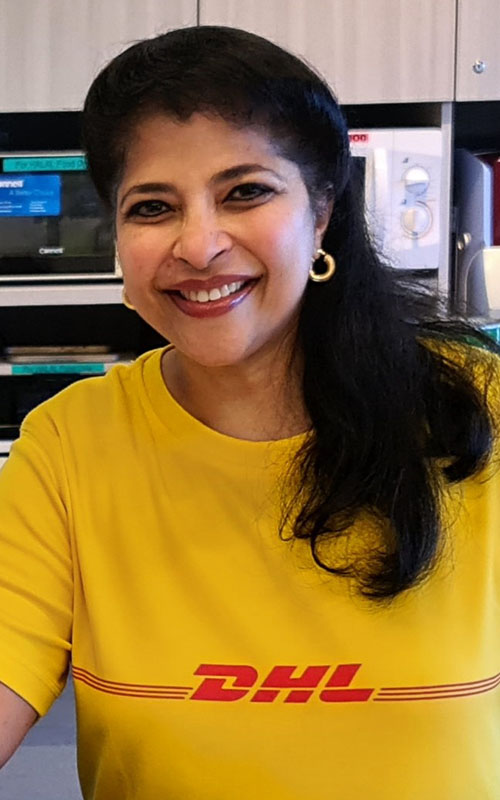
How did you get into the industry?
I was always fascinated by the world of aviation. I started out on the passenger side of the business but moved to cargo in 1991 when I had the opportunity to work on a project in the Middle East that involved establishing a cargo hub in Sharjah. While this experience reinforced my deep-rooted passion for aviation, it also opened me up to a whole new world of logistics and air freight. I honed my craft for 14 years at Lufthansa Cargo, where I held several roles spanning sales, operations, quality assurance, and business development.
On relocating from the Middle East to Asia, I moved to DHL Express in 2007 and held regional Aviation Commercial and Network Planning and Control roles. The experience over the past 15 years of leading high-performing aviation teams in Asia Pacific to deliver operational and network optimisation, as well as service excellence across the most complex and fastest-growing region of the world, has been really exciting. In January, I took on a new role as Global Head of Aviation Commercial and will be relocating to Brussels later this year.
What challenges have you faced on the way to success?
Early in my career, I certainly received a few strange looks but wouldn’t consider them challenges as I never let them bother me. I have never limited myself by thinking that I am a woman in a man’s world. The question I ask myself is ‘can I do the job?’, and not ‘do I fit in?’
I have never waited for opportunities to come knocking, but created them instead. For example, if you want to be a writer, just write. You don’t have to wait to be given a title or permission to write. If you want to be a leader, just lead. It doesn’t matter what your current role or gender is or if you have direct reports or not. People are always looking for guidance and leadership — just believe in yourself and start leading from exactly where you are!
Did you have any mentors to help you in your career?
While I have not participated in formal mentorship programmes, they can be effective in supporting professional people with high potential. However, I have always solicited feedback from my bosses, and benefitted immensely from the informal mentorship stemming from the everyday tasks. That has delivered powerful benefits for me; feedback is essential for growth.
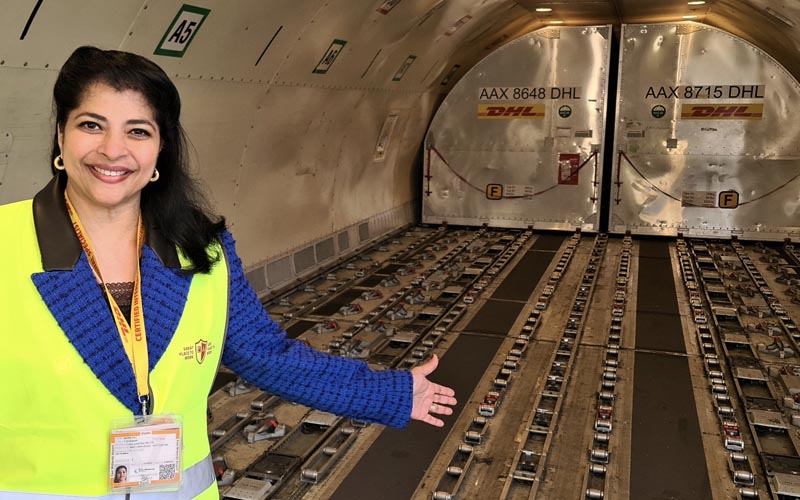
What steps has your company taken to increase female representation, particularly in senior roles?
Deutsche Post DHL Group is targeting management to be 30 per cent female by 2025. We are well on track to achieve this through focused programmes aimed at increasing visibility to female recruits and facilitating development through networking and mentoring platforms. Part of this is supported by the DHL4Her initiative.
What is DHL4Her and how does it work?
DHL4Her is aimed at grooming female talent and augmenting gender diversity in the workplace, and builds on the Deutsche Post DHL Group’s efforts to become the global employer of choice for female talent. DHL Express people managers now inspire future female leaders by:
-
Being a role model through increasing the visibility of female talent and encouraging the next generation of female leaders;
-
Connecting our female leaders regionally and globally to drive female talent recruitment;
-
Developing and creating opportunities for women to reach their full potential, and nurturing their development through formal and informal mentorship.
Why should women want to work in air cargo? Is it a career for all?
While the air cargo industry is still perceived somewhat as a male-dominated industry, I believe there is a shared responsibility for all genders in it to continue to raise the ceiling for gender fairness, while creating platforms and opportunities to encourage gender diversity. Diversity is not just about the inclusion of women in the workplace, but about creating a workplace free from bias against age, race or gender – and one that rates employees by merit, contribution and experience. There is still much work to be done to achieve the balance we need in the air cargo industry and the time for action is now. We can certainly achieve this by working together as one. There is no excuse for just standing by!




